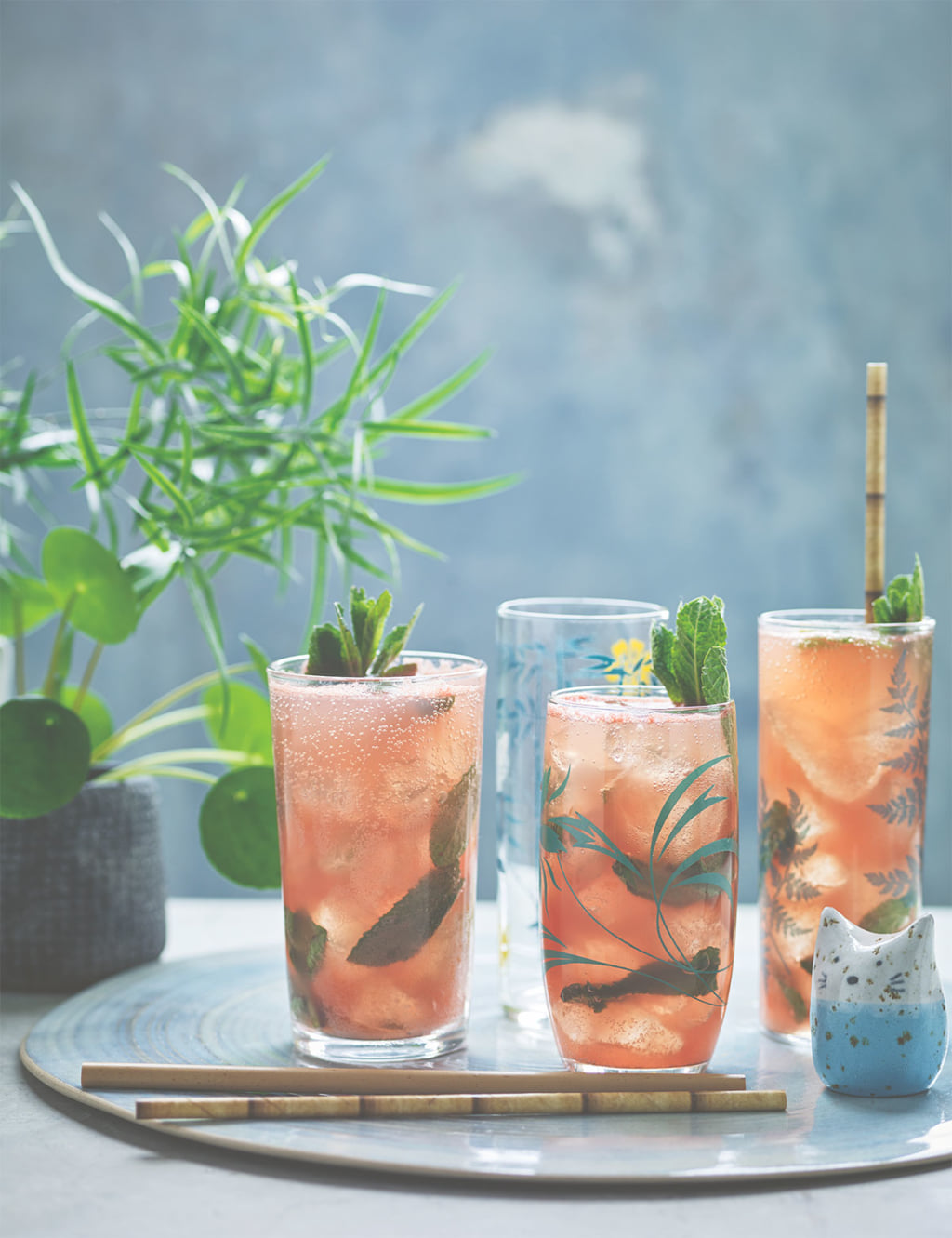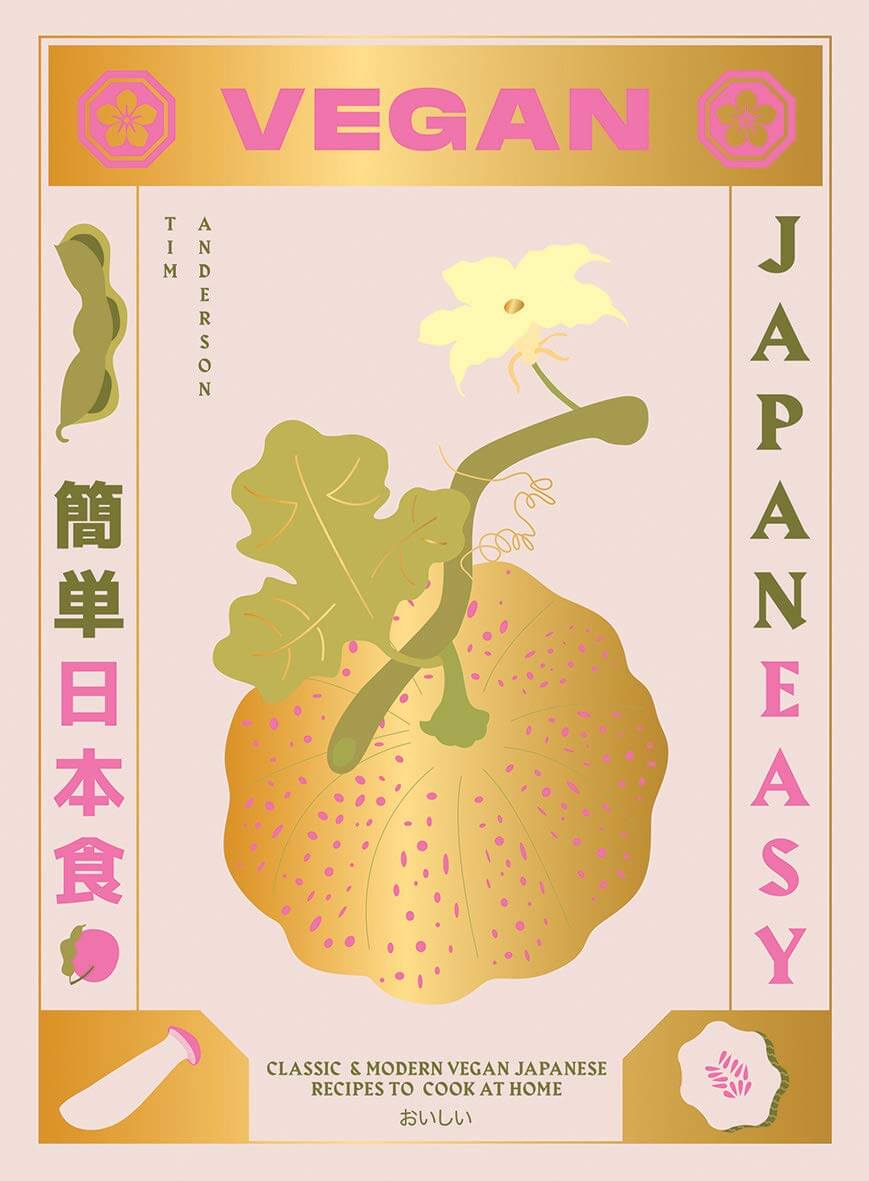Recipe for Watermelon and Sake Mojito by Tim Anderson
Sake marries particularly well with fruit in this refreshing cocktail that reveals the potential of this alcohol made from rice.

© Synchroniques Éditions
For his book Vegan JapanEasy, Tim Anderson has compiled 80 Japanese recipes that contain no products of animal origin. Alongside these recipes created from seven base products that can be easily found in western supermarkets, he shares instructions to make refreshing beverages, both alcoholic and non-alcoholic.
This recipe for a watermelon and sake mojito was devised by Tim Anderson a few years ago during a promotion that ran at his London-based restaurants, Nanban Brixton and Nanban Central. The drink was so popular that the chef decided to include it on the permanent menu for his establishments.
‘Sake loves fruit and I think it is especially nice with watermelon. [This cocktail] is really, really, really, stupidly refreshing. And really easy. And really pink!’ Tim Anderson declares in the text accompanying his recipe.
Serves one
Ingredients
½ lime cut into little wedges, plus a slice to garnish
3-4 cubes watermelon (seedless or deseeded)
1 tsp demerara sugar
10-12 mint leaves, plus an extra sprig to garnish
½ shot or 1 tbsp white rum
2 shots or 3 tbsp sake (use a fruity sake if you can)
Sparkling water, to top up
Ice (ideally crushed), to serve
Method
Muddle the lime, watermelon, sugar, and mint together in the bottom of a highball glass until the watermelon is completely liquefied and the sugar is dissolved.
Add the rum, sake, a splash of sparkling water, and a handful of ice.
Stir well and top with another splash of sparkling water.
Garnish with a slice of lime and a sprig of mint and serve with a straw.
Vegan Japaneasy (2020), a recipe book by Tim Anderson, is published by Hardie Grant.
Tim Anderson is an American chef who won the 2011 series of MasterChef UK. Having graduated in 2006 from Occidental College in Los Angeles, where he studied the history of Japanese cuisine, he then lived in Japan for two years, in Fukuoka. He now lives in London, where he runs two Japanese restaurants: Nanban Brixton and Nanban Central. Vegan JapanEasy is his latest book, following Nanban, JapanEasy, and Tokyo Stories.

© Hardie Grant
TRENDING
-
A House from the Taisho Era Reveals Its Secrets
While visiting an abandoned building, Hamish Campbell discovered photographs the owner had taken of the place in the 1920s.

-
The Taboo-Breaking Erotica of Toshio Saeki
The master of the 1970s Japanese avant-garde reimagined his most iconic artworks for a limited box set with silkscreen artist Fumie Taniyama.

-
With Meisa Fujishiro, Tokyo's Nudes Stand Tall
In the series 'Sketches of Tokyo', the photographer revisits the genre by bringing it face to face with the capital's architecture.

-
Masahisa Fukase's Family Portraits
In his series ‘Family’, the photographer compiles surprising photos in which he questions death, the inescapable.

-
Hajime Sorayama's Futuristic Eroticism
The illustrator is the pioneer for a form of hyperrealism that combines sensuality and technology and depicts sexualised robots.





